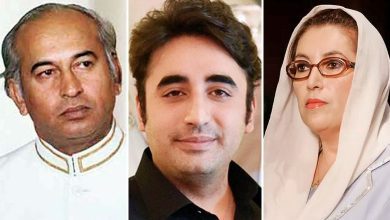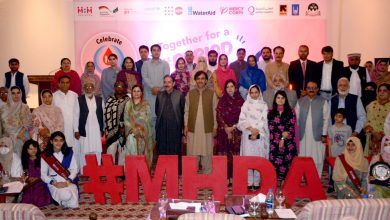By Naghma Anjum
Rajan Pur : In the tapestry of human history, the voices of women have often been marginalized, their stories whispered in the shadows. Yet, it is these very voices that have woven some of the most compelling and transformative narratives of our time. Today, women writers stand at the forefront of literary innovation, challenging conventions, and enriching the literary landscape with their diverse perspectives and powerful storytelling.
The journey of women writers has been marked by resilience and determination. Historically, societal norms and gender biases relegated women’s writing to the periphery, often dismissing their work as trivial or unworthy of serious consideration. However, despite these obstacles, women persisted. They wrote under pseudonyms, published anonymously, and fought tirelessly for the recognition they deserved.
One cannot overlook the contributions of trailblazers like Jane Austen, whose keen observations of social mores laid the groundwork for modern social commentary, or Virginia Woolf, whose stream-of-consciousness style revolutionized narrative form. These pioneers not only broke barriers but also paved the way for future generations of women writers.
In contemporary literature, women writers continue to push boundaries and explore uncharted territories. Authors like Chimamanda Ngozi Adichie, with her poignant explorations of identity and feminism, and Arundhati Roy, whose intricate storytelling delves into political and social complexities, have garnered global acclaim. Their works transcend cultural and geographical boundaries, resonating with readers around the world and highlighting universal themes of love, loss, struggle, and triumph.
The impact of women writers extends beyond the realm of fiction. In journalism, women have emerged as formidable voices, shedding light on critical issues and advocating for change. Figures such as Malala Yousafzai, who chronicles her fight for girls’ education, and Rana Ayyub, whose investigative reporting exposes corruption and injustice, exemplify the power of the written word to influence public opinion and inspire action.
Moreover, women writers are at the forefront of diversifying literature. They bring to the table stories from underrepresented communities, providing a platform for voices that have long been silenced. This inclusivity enriches the literary canon, offering readers a broader understanding of the human experience.
The rise of digital media has further amplified the reach of women writers. Online platforms and social media have democratized publishing, allowing women to share their stories and connect with audiences directly. Blogs, podcasts, and self-publishing avenues have opened new doors for creative expression, enabling women to bypass traditional gatekeepers and establish their presence in the literary world.
As we celebrate the achievements of women writers, it is crucial to recognize the ongoing challenges they face. Gender bias, underrepresentation in literary awards, and disparities in publishing opportunities are issues that persist. However, the resilience and tenacity of women writers continue to drive progress. By supporting their work, advocating for equity, and amplifying their voices, we can contribute to a more inclusive and diverse literary landscape.
In conclusion, the contributions of women writers are invaluable. Their unique perspectives and powerful narratives not only enrich our literary heritage but also challenge us to think critically and empathetically about the world around us. As readers, writers, and advocates, let us honor their legacy and champion their continued success. The stories they tell are not just women’s stories—they are human stories, and they deserve to be heard.







